Starting a keto or low-carb diet changes how your body handles water and minerals. When you cut back on carbs, your body begins to shed water and lose essential minerals, including electrolytes such as sodium, potassium, and magnesium. These electrolytes help with proper hydration, muscle movement, and keeping your nerves working properly.
You might feel tired, foggy, or get muscle cramps, which are common symptoms associated with the early stages of a keto diet, often due to mineral loss.
Drinking water alone isn’t enough to stay hydrated on keto. You also need to replace lost electrolytes. The right mix of enough electrolytes can help you stay energized, focused, and feeling your best while your body adjusts.
What Happens to Your Body’s Hydration on Keto?
When you eat fewer carbs on a keto diet, your body loses its stored carbs and a lot of water along with them. This means you’ll start losing fluids faster than usual.
As your body adjusts, it also eliminates essential minerals that help you achieve optimal hydration. Without enough of these minerals, it’s harder to hold onto water. You might feel more tired, less focused, or notice slower muscle recovery.
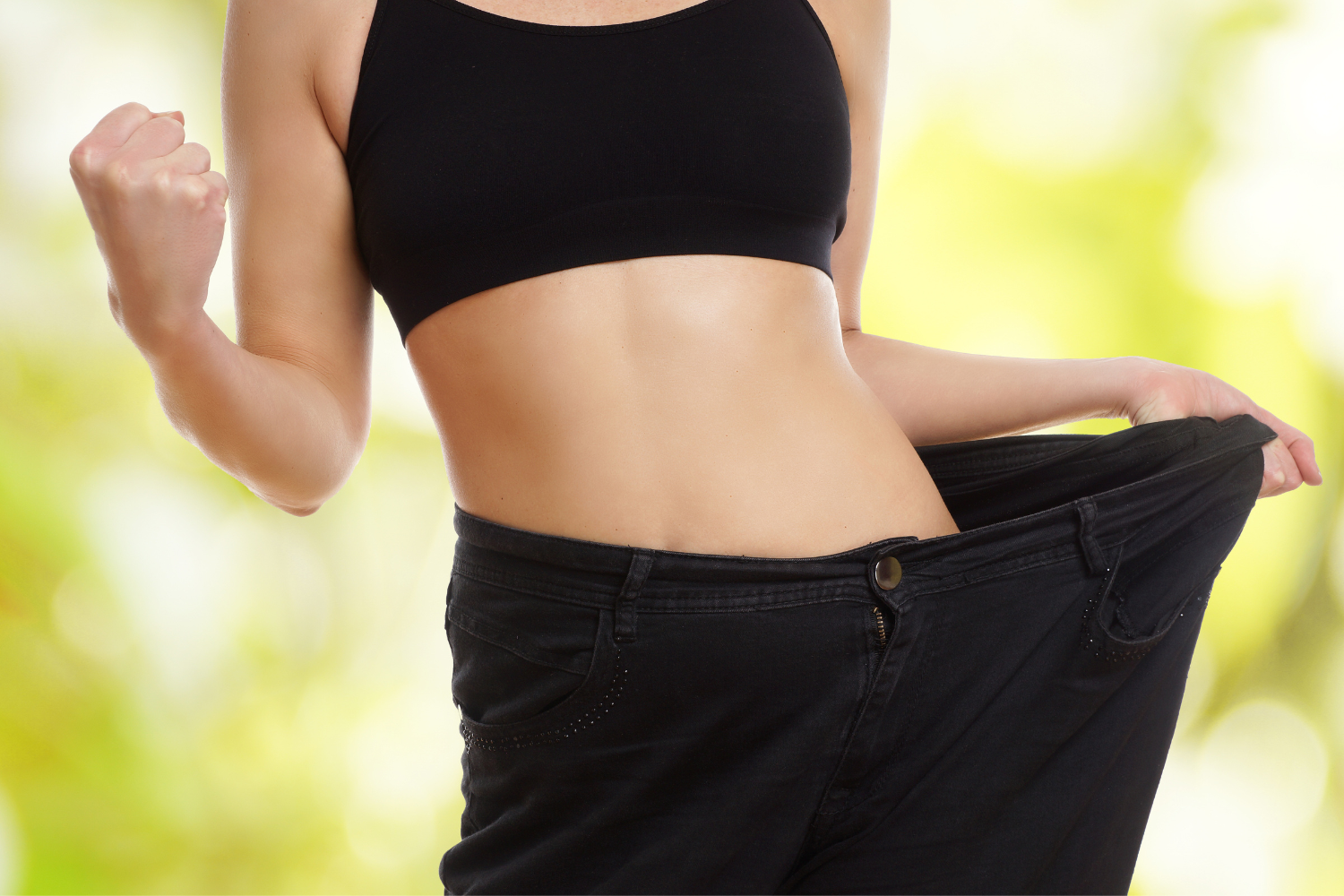
Common Signs of Dehydration on Keto
In the early days of a keto or low-carb diet, it's common to feel a bit off and experience a group of unpleasant symptoms related to “keto flu.” It doesn’t happen just because you’re eating fewer carbs. It’s mostly because your body is losing important minerals too quickly.
Common signs include:
-
Fatigue
-
Muscle cramps
-
Headaches
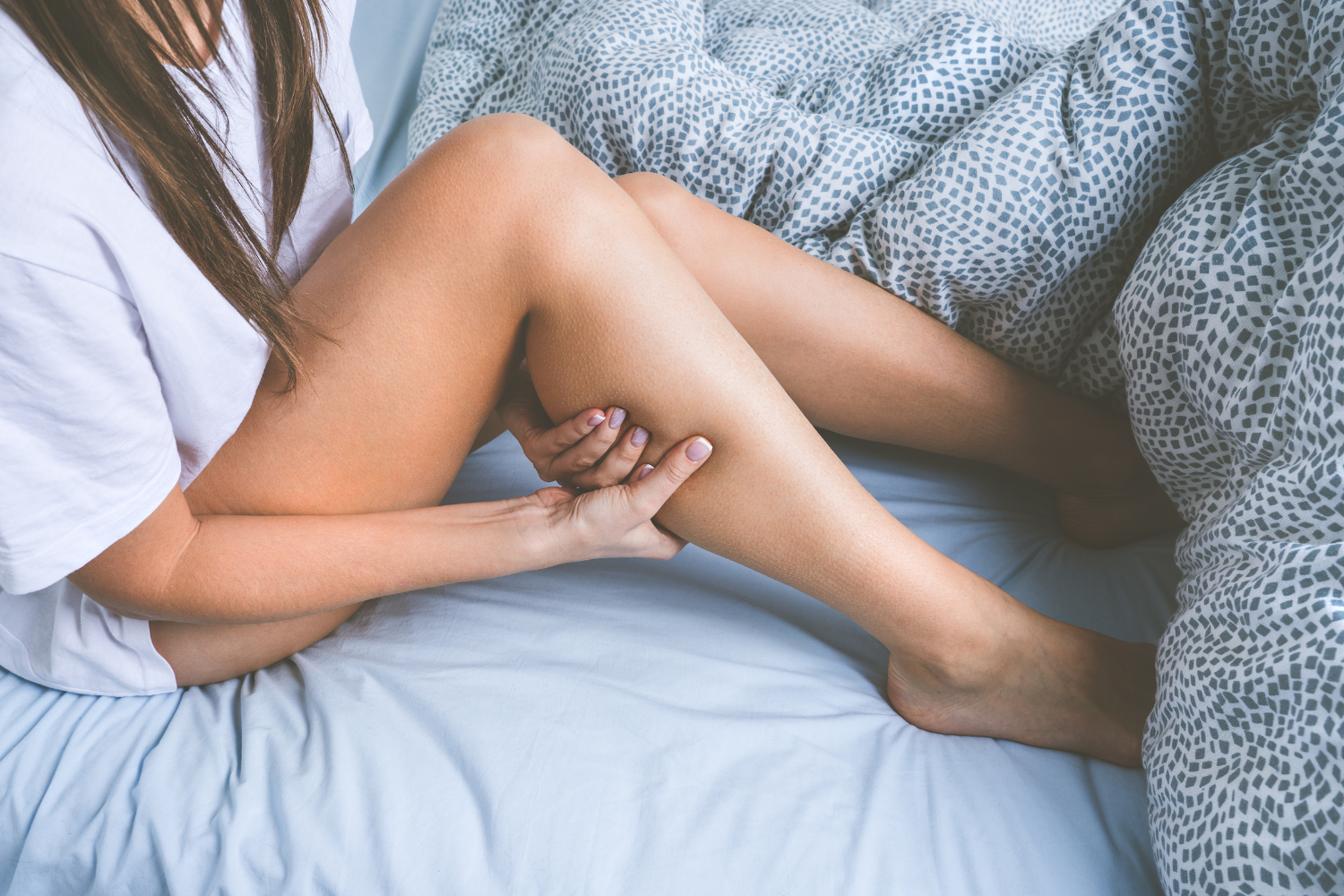
What Electrolytes Do You Need Most on Keto?
Electrolytes are minerals that help your body stay hydrated, support your muscles and nerves, and keep your energy steady. On a keto diet, it’s easy to miss out on them because you’re eating fewer processed foods, and many salty or potassium-rich foods are also high in carbs. That’s why it’s important to know which electrolytes to focus on and how to get enough of them.
Sodium
When you cut carbs, your insulin levels drop. This causes your body to flush out more water, along with sodium. This makes sodium one of the first electrolytes to drop on a keto diet.
When sodium intake is reduced, some people may feel less energetic or mentally focused. You don’t need to overload on salt, but adding some sodium back in can help. Try bone broth, a pinch of sea salt, or a sugar-free electrolyte drink to stay balanced and hydrated.
Potassium
Potassium helps with sustained energy, blood pressure, and keeping your muscles working properly. It can also reduce muscle fatigue and soreness during your keto adjustment phase.
Since many high-potassium foods are high in carbs, it’s best to go for low-carb options like leafy greens, avocados, and mushrooms. If you’re not getting enough from food, a potassium supplement may help you feel better and stay hydrated.
Magnesium
Magnesium supports muscle and nerve function and plays a role in relaxation. When your body loses fluids quickly, it can also lose magnesium.
If your magnesium levels drop, you might notice muscle cramps, twitching, or trouble sleeping. Getting enough magnesium from food or supplements can help your body relax and feel more balanced.
Signs you may need more magnesium:
-
Trouble sleeping
-
Muscle cramps or twitching
-
Muscle weakness
-
Feeling tense or anxious
To support magnesium levels, consider incorporating foods like spinach and pumpkin seeds, or opt for a keto-friendly electrolyte supplement that includes magnesium.
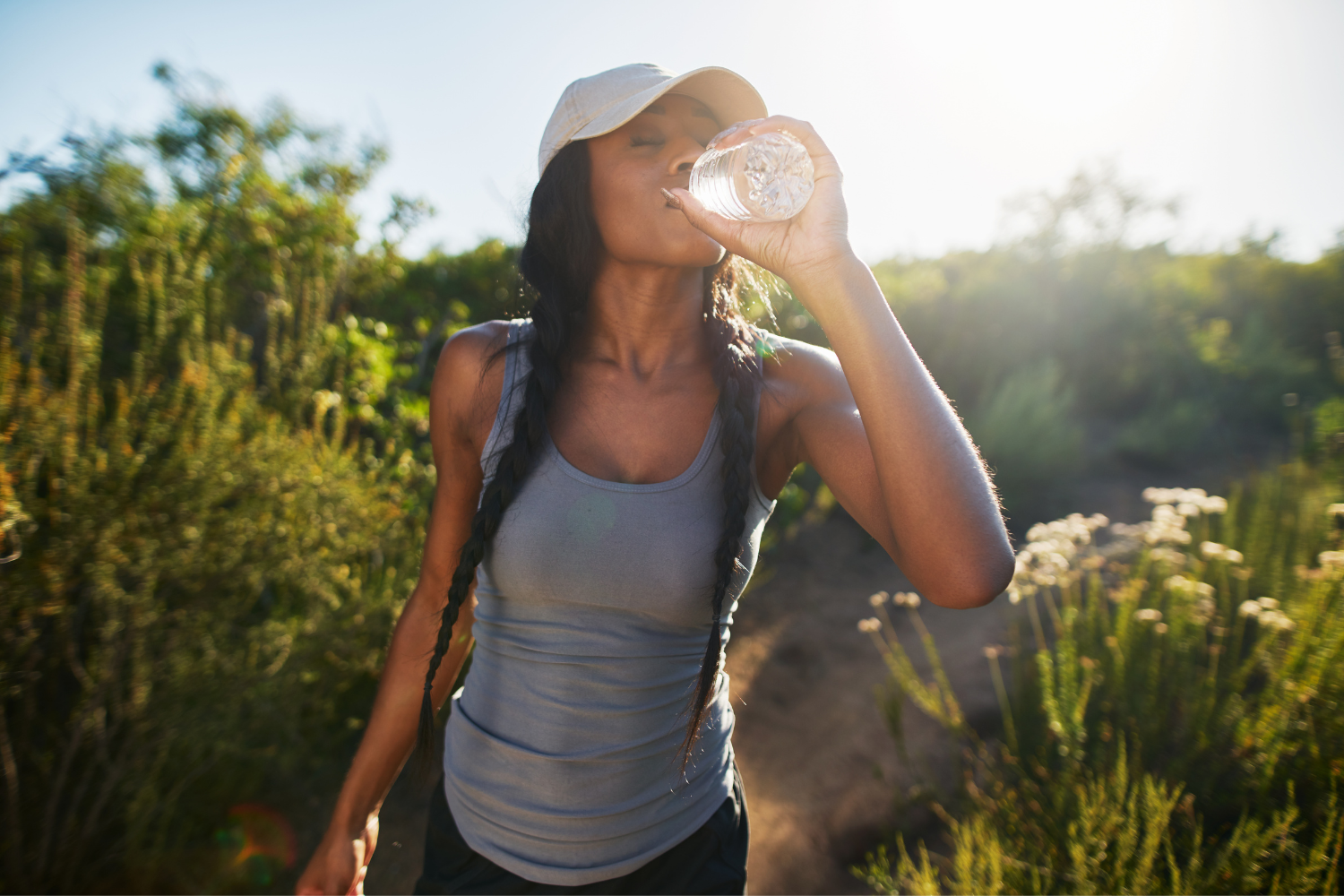
Can You Stay Hydrated Without Sugar or Carbs?
Yes, you absolutely can. You don’t need sugar or carbs to stay hydrated on a low-carb or keto diet. In fact, many sports drinks sneak in sugar or carbs that can knock you out of ketosis. That’s why it’s better to go with clean, sugar-free options that help your body stay balanced without interfering with your goals.
Why Regular Sports Drinks Aren’t Great for Keto
Most sports drinks are made for people who eat lots of carbs. They usually have added sugars or hidden carbs that can raise your blood sugar and make it harder to stay in ketosis.
On top of that, they often don’t have the right balance of minerals that your body actually needs on keto. Even the “light” or low-calorie versions can come with artificial ingredients or sweeteners that aren't ideal if you're trying to keep things clean.
The Best Sugar-Free Ways to Stay Hydrated
Keto-friendly hydration products eliminate sugar and provide your body with essential minerals that support proper hydration, energy, and your muscles. The best part? They’re easy to add to your daily routine.
Here are a few great sugar-free options:
-
Electrolyte drops – LyteLine's LyteShow is a no-fuss way to get your minerals.
-
Electrolyte powders – Mix with water for a tasty, functional drink.
-
Electrolyte capsules – Simple and travel-friendly.
-
DIY option – Try lemon water with a pinch of sea salt or a splash of trace minerals.
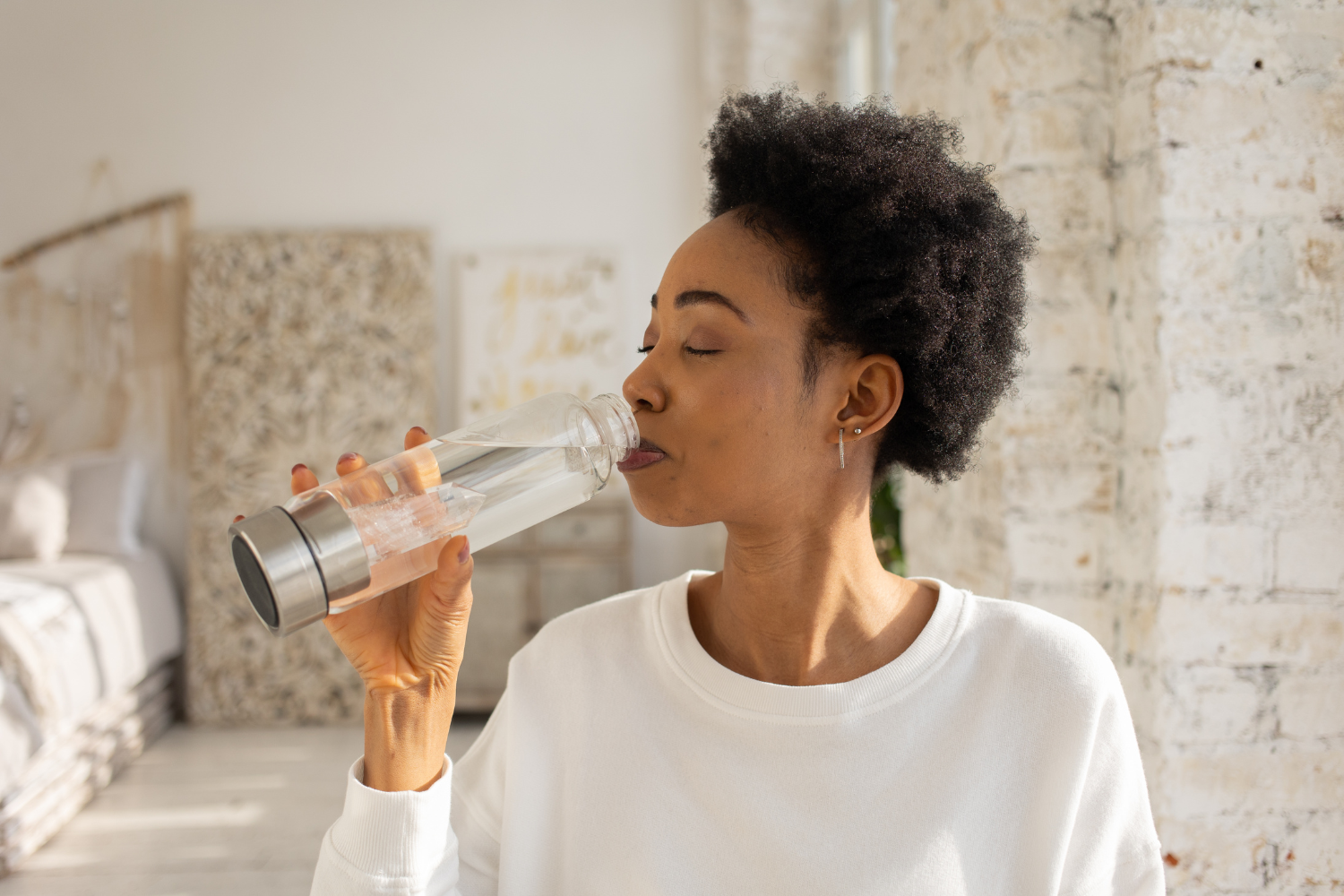
Keto Hydration Tips for Everyday Wellness
Staying hydrated on a keto or low-carb diet isn’t just about drinking a ton of water; it’s about getting the right balance of fluids and minerals so your body runs smoothly. These easy tips can help you stay energized, avoid muscle cramps, and feel your best every day.
How Much Water Do You Actually Need on Keto?
When you’re on keto, your body tends to lose more water and minerals like sodium and potassium. That means you might need to drink more water than usual, especially if you’re sweating, working out, not sleeping well, or it’s hot outside.
A simple way to check? Look at the color of your urine. Light yellow usually means you're doing well. If you notice signs like dry mouth, headaches, or muscle soreness, it might be time to sip more water.
When Should You Take Electrolytes?
Instead of taking all your electrolytes at once, spread them out throughout the day to maintain steady electrolyte levels. Some people prefer to take them with meals, others during workouts, or even before bed to aid in sleep quality and muscle recovery.
Find what works best for your routine. Remember, it’s not just about how much water you drink, but how well you’re keeping your body in balance.
|
Morning |
Start the day with a glass of water + electrolytes |
|
During Meals |
Take capsules or drops to support digestion and absorption |
|
Post-Workout |
Support muscle and nerve function after exercise or physical activity |
|
Before Bed |
Support restful sleep and overnight hydration |
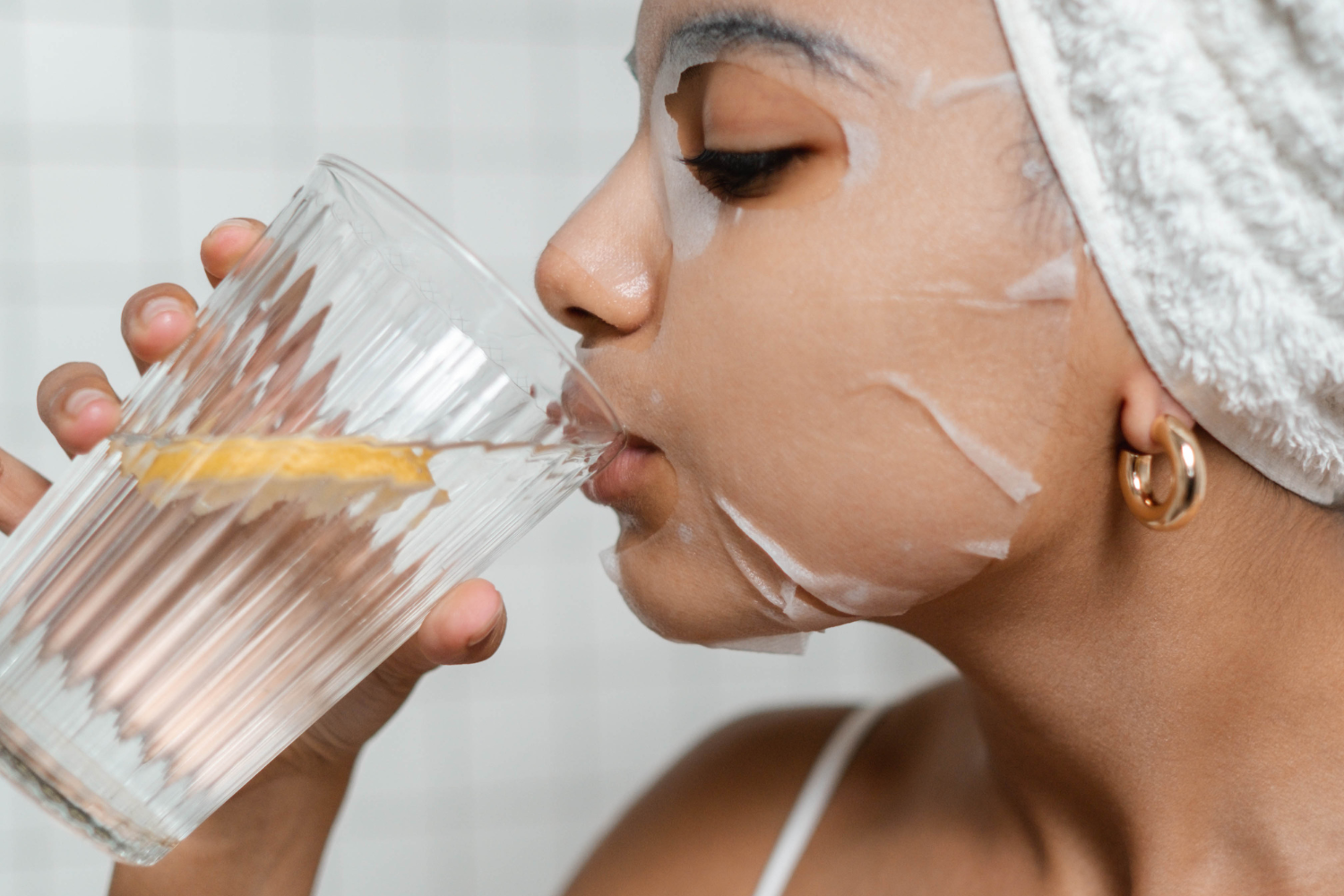
Could Low Electrolytes Be Causing Your Keto Side Effects?
Think your “keto flu” symptoms are just from eating fewer carbs? In many cases, they’re actually caused by low electrolyte levels. When your body switches to burning fat for energy, it starts flushing out more fluids and key minerals.
If you’re feeling tired, weak, or having trouble sleeping, your body might just need a quick remedy to electrolyte imbalances.
How to Keep Electrolytes Balanced Without Breaking Ketosis
Good news, you can stay hydrated and prevent electrolyte imbalances without kicking yourself out of ketosis. The trick is to boost your minerals in ways that don’t include sugar or anything that could spike your blood sugar.
Quick Fixes:
-
Fill a 24-oz water bottle with filtered water and add natural sodium, like sea salt or Himalayan salt
-
Use potassium drops or supplements
-
Take magnesium in the evening as part of your relaxation routine
-
Mix lemon juice and sea salt into plain water for a homemade boost
Long-Term Support:
-
Eat more potassium-rich, low-carb foods like leafy greens and avocados
-
Choose sugar-free electrolyte supplements with clean ingredients
-
Cut back on processed foods that drain your mineral and electrolyte levels
-
Track your water intake and drink more if you're active or it's hot out
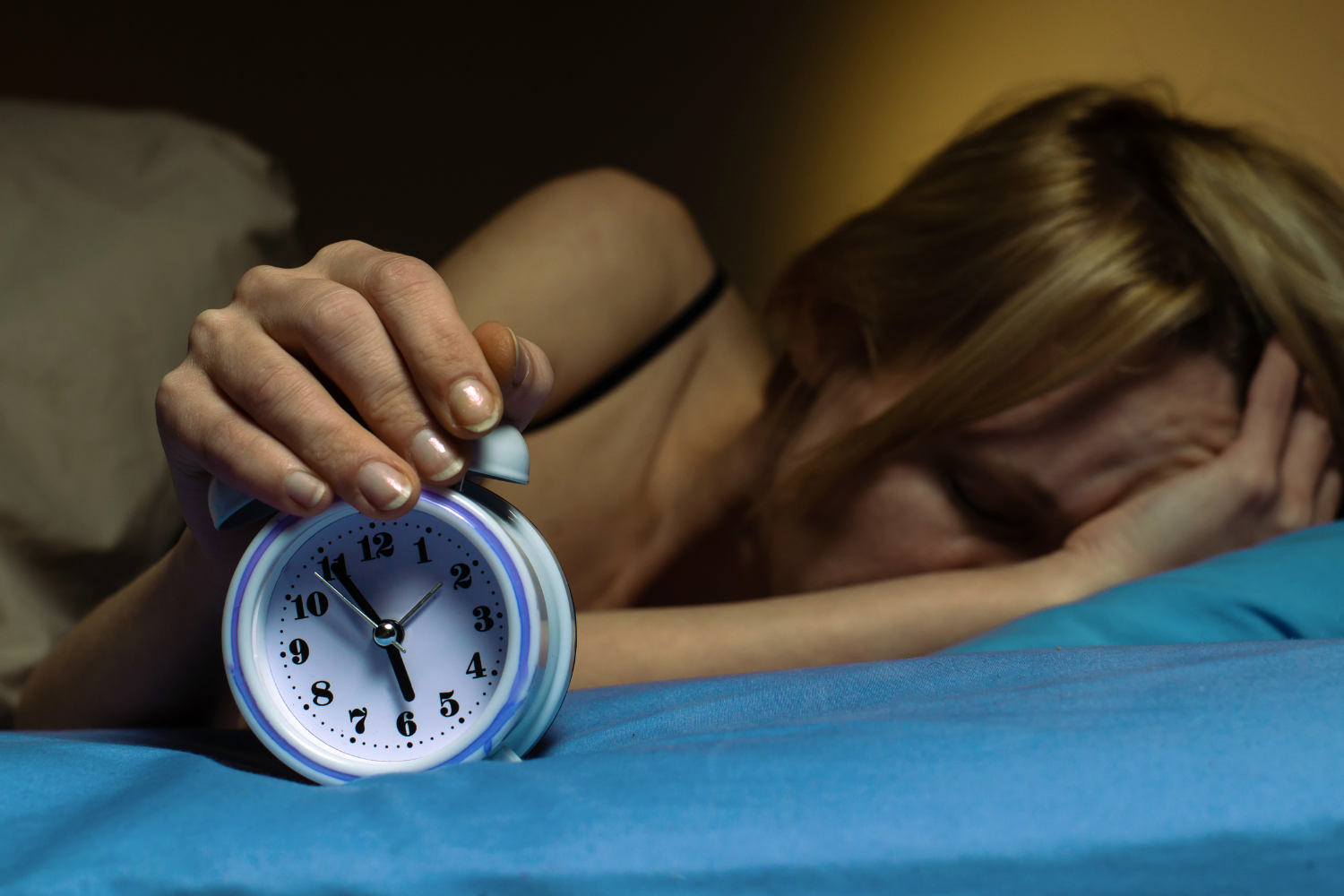
Don’t Let Dehydration Slow You Down
How you hydrate can make a big difference on a low-carb or keto diet. Supporting your body with daily essential electrolytes, without added sugar, helps keep your energy up, your muscles feeling good, and your keto hydration on point.
Staying ahead of common symptoms like headaches, cramps, and brain fog means you can stay focused and feel your best. Adding LyteShow to your simple, sugar-free hydration routine enables you to stick with keto more comfortably and keep your progress moving forward.
Frequently Asked Questions
What is the best electrolyte drink for a ketogenic diet?
Look for zero-carb, zero-sugar formulas with sodium, magnesium, and potassium.
How do you know if you're dehydrated on a keto diet?
Common signs include dry mouth, fatigue, dizziness, and muscle cramps.
Can I just drink more water to stay hydrated on a ketogenic diet?
Water helps, but replenishing essential electrolytes may be necessary for full hydration on keto.
Do I need electrolytes every day on a low-carb diet?
Most people benefit from daily electrolyte intake, especially in the early stages or during physical activity.
Is pink Himalayan salt good for keto hydration?
Yes, it provides trace minerals and sodium without added sugars.
References
-
Al Alawi, A. M., Majoni, S. W., & Falhammar, H. (2018). Magnesium and Human Health: Perspectives and Research Directions. International journal of endocrinology, 2018, 9041694. https://doi.org/10.1155/2018/9041694
-
Bostock, E. C. S., Kirkby, K. C., Taylor, B. V., & Hawrelak, J. A. (2020). Consumer Reports of "Keto Flu" Associated With the Ketogenic Diet. Frontiers in nutrition, 7, 20. https://doi.org/10.3389/fnut.2020.00020
-
Brands, M. W., & Manhiani, M. M. (2012). Sodium-retaining effect of insulin in diabetes. American journal of physiology. Regulatory, integrative and comparative physiology, 303(11), R1101–R1109. https://doi.org/10.1152/ajpregu.00390.2012
-
Osterberg, K. L., Pallardy, S. E., Johnson, R. J., & Horswill, C. A. (2010). Carbohydrate exerts a mild influence on fluid retention following exercise-induced dehydration. Journal of applied physiology (Bethesda, Md. : 1985), 108(2), 245–250. https://doi.org/10.1152/japplphysiol.91275.2008
-
Paoli, A., Rubini, A., Volek, J. S., & Grimaldi, K. A. (2013). Beyond weight loss: a review of the therapeutic uses of very-low-carbohydrate (ketogenic) diets. European journal of clinical nutrition, 67(8), 789–796. https://doi.org/10.1038/ejcn.2013.116
-
Shrimanker, I., & Bhattarai, S. (2023). Electrolytes. In StatPearls. StatPearls Publishing. Retrieved from https://pmc.ncbi.nlm.nih.gov/articles/PMC3533616
